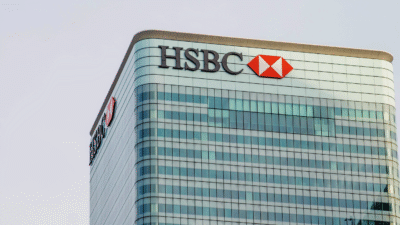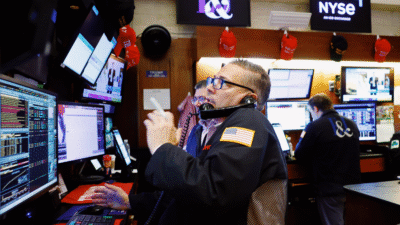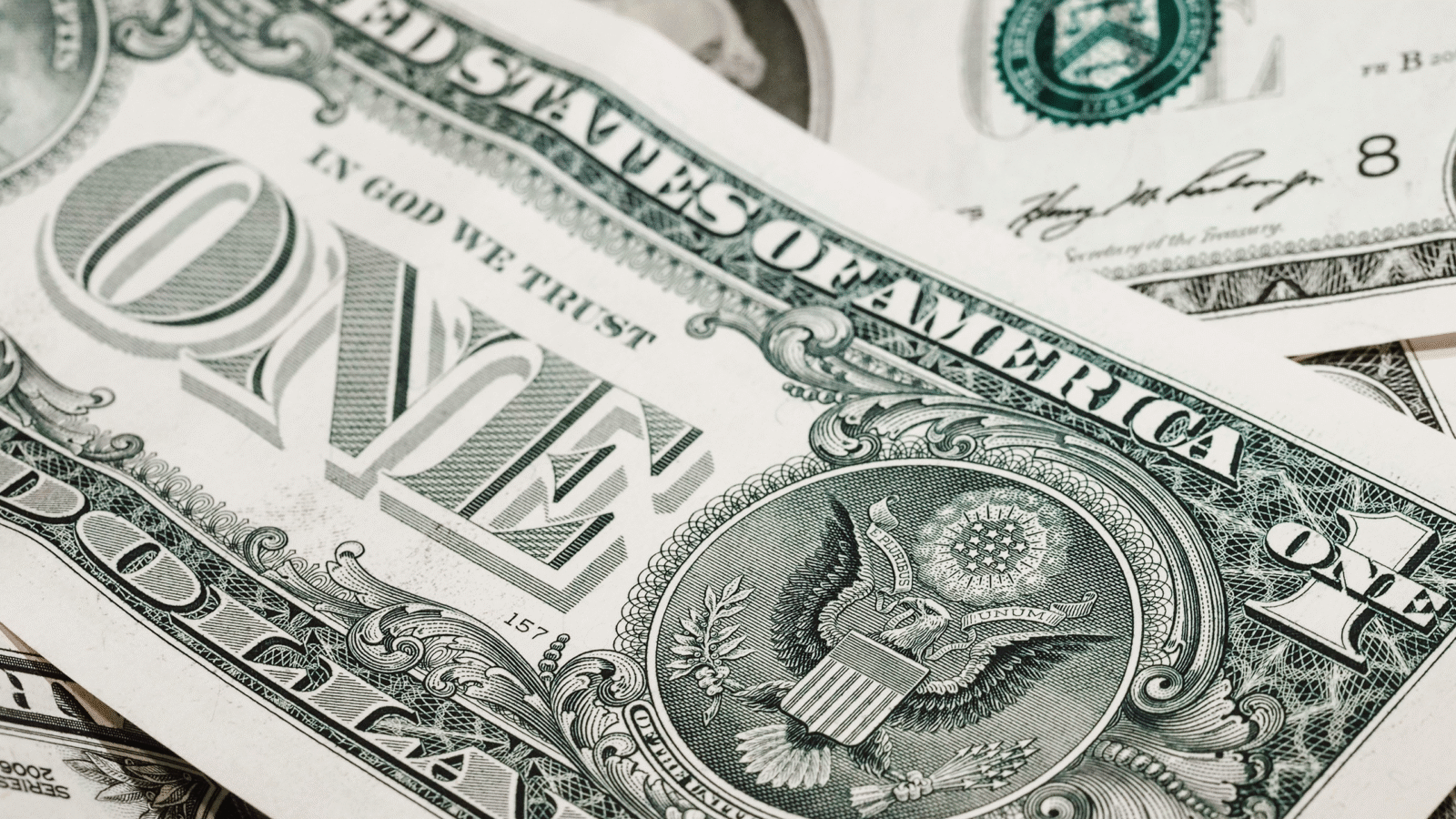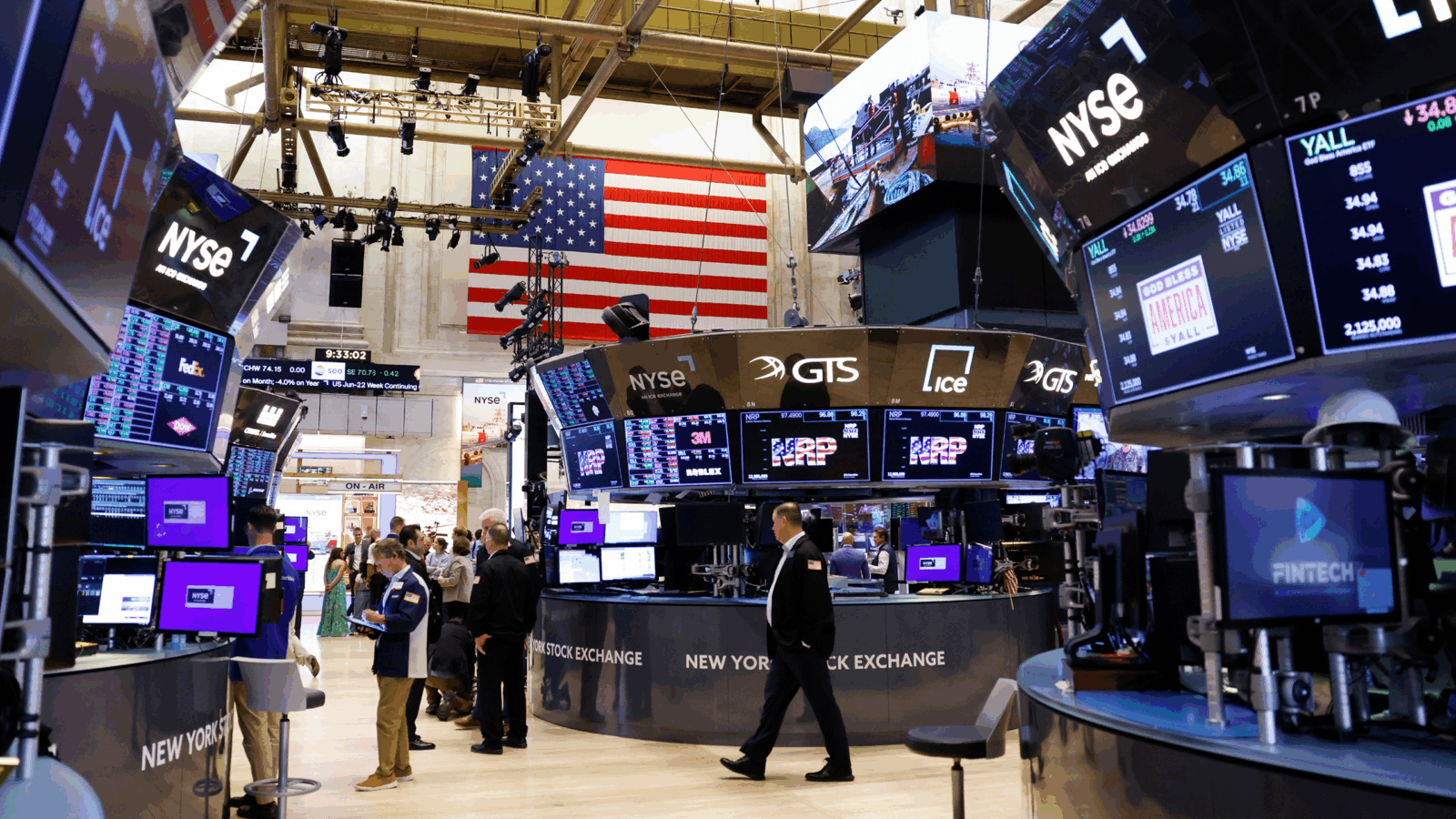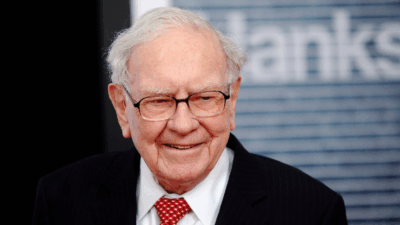Warfare is ESG Now
Defense stocks are taking up a growing slice of the ESG (environmental, social, governance) pie. Reports attribute that to the war in Ukraine.
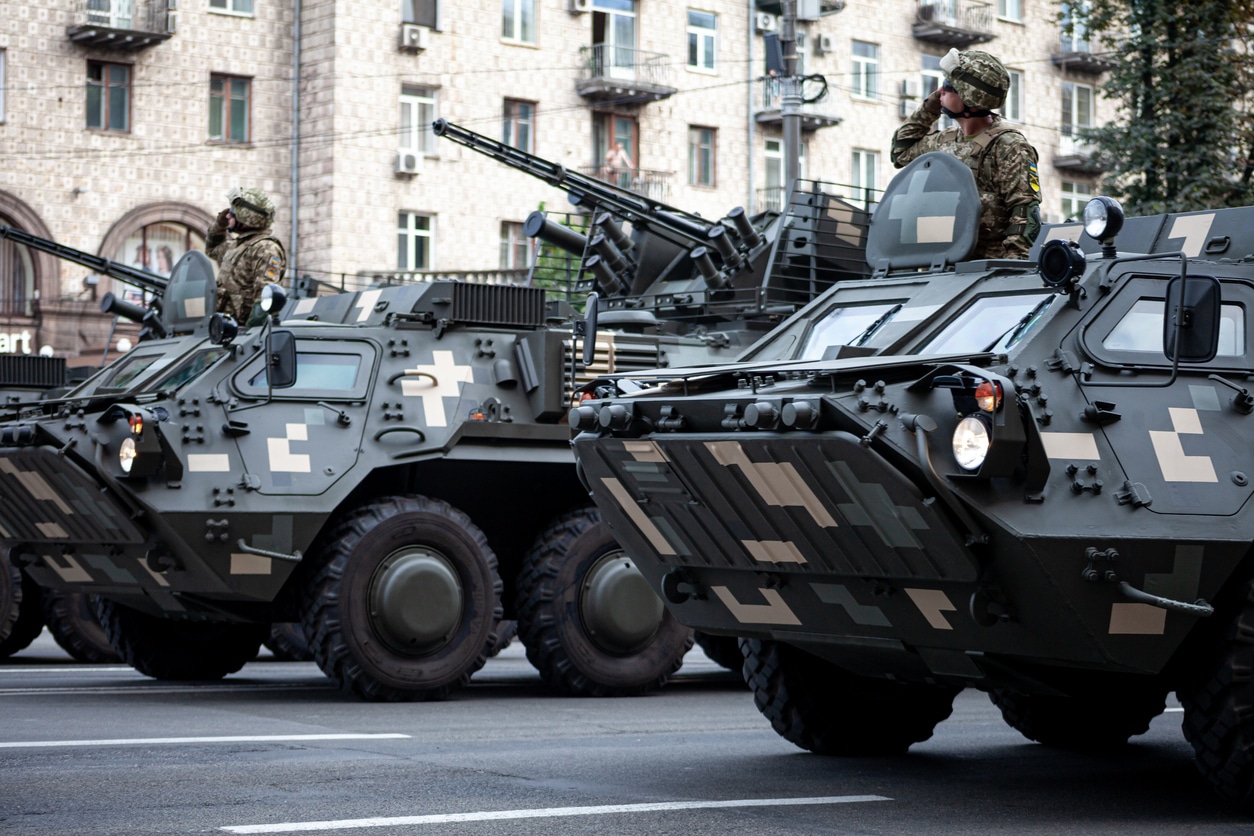
Sign up for smart news, insights, and analysis on the biggest financial stories of the day.
The “G” in ESG increasingly stands for guns.
The Financial Times and CNBC both published reports on Monday spelling out how defense stocks are taking up a growing slice of the ESG (environmental, social, governance) pie. Both reports attribute this warlike shift in the meaning of ESG to the war in Ukraine, saying that fund managers see it as an ethical justification for folding defense companies into their portfolios.
Spoils of War
According to data provided to the FT by analytics firm Morningstar Direct, the amount of money European ESG funds have invested in defense stocks has risen from €3.2 billion ($3.5 billion) in Q1 2022 to €7.7 billion ($8.5 billion) today. The FT said that part of that rise is due to the soaring values of the shares themselves, but that doesn’t account for the total increase — funds are buying into defense companies more than they used to.
There hasn’t been a wholesale change in attitude to defense stocks. According to the FT’s data, around one-third of UK and EU ESG funds have investments in defense companies, so they are technically in the minority. But defense companies are still reaping the financial benefits of increased significance and investment:
- The share price for Rheinmetall, a German arms manufacturer, is up around 400% since the end of February 2022, when Russia invaded Ukraine. Swedish defense company Saab is up 286%, and Britain’s BAE Systems is up 105% (it made record profits last year).
- Saab’s CEO told CNBC in an interview last month that the company has seen an influx in the number of shareholders since the war began, from around 50,000 to more than 175,000.
Hot Commodities: Defense stocks aren’t the only surprising entrants into the ESG space of late. A study by Goldman Sachs analysts, reported by Bloomberg last week, found an increasing number of ESG portfolios include commodities such as oil, gas, and mining stocks.

